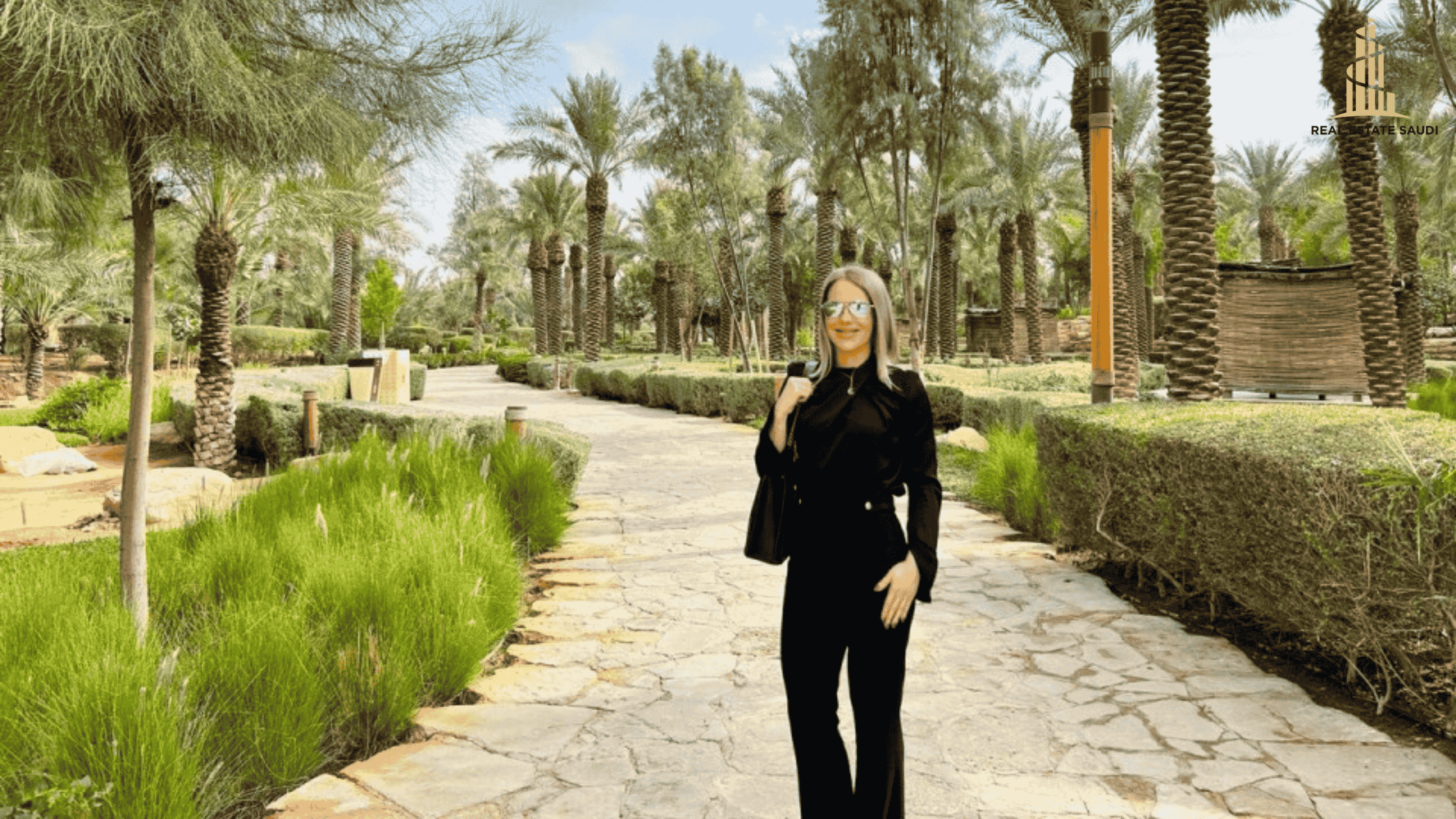The real estate market in Saudi Arabia is witnessing unprecedented growth, fueled by ambitious projects like NEOM and The Red Sea Project. Whether you are a first-time buyer or an experienced investor, purchasing property in Saudi Arabia can be a rewarding endeavor. However, it requires careful planning and research. Here are essential tips to guide you through the process of buying a property in Saudi Arabia.
1. Understand the Legal Framework
Saudi Arabia has specific regulations governing property ownership. While Saudi nationals have the freedom to buy properties across the country, expatriates are restricted to certain areas, mainly within designated economic zones like Riyadh and Jeddah.
Make sure you:
- Consult with a licensed real estate agent.
- Review Saudi property ownership laws, especially if you are a foreign investor.
- Understand leasehold vs. freehold ownership in Saudi Arabia.
2. Research the Market
Before diving into the market, study the current trends and pricing. Saudi Arabia’s Vision 2030 initiative is driving urban development, leading to both opportunities and challenges in real estate investment.
- Use online property portals to compare prices.
- Analyze growth potential in developing regions like NEOM and Misk City.
- Stay updated on news and policies related to Saudi real estate.
3. Choose the Right Location
Location is critical when buying property. Popular cities like Riyadh, Jeddah, and Dammam offer a range of residential and commercial options. Factors to consider include:
- Proximity to schools, hospitals, and workplaces.
- Transport infrastructure and future development plans.
- Rental yield potential if you’re buying for investment.
Explore Saudi cities and their real estate potential on Visit Saudi.
4. Work with Trusted Agents
A reliable real estate agent can simplify the buying process by providing local insights and handling negotiations. Verify that the agent:
- Is registered with the Saudi Real Estate General Authority (REGA).
- Has experience in dealing with properties in your preferred area.
5. Secure Financing
If you plan to finance your purchase, Saudi banks and financial institutions offer various mortgage options. Key points to consider:
- Check eligibility criteria for mortgages.
- Compare interest rates and repayment terms.
- Ensure the property’s value aligns with your loan amount.
6. Conduct Due Diligence
Before signing any agreements, ensure the property is free from legal disputes. Hire a property lawyer to:
- Verify property ownership.
- Review contracts and payment terms.
- Confirm the property complies with local regulations.
7. Inspect the Property
A thorough inspection can save you from unexpected costs in the future. Evaluate:
- Structural integrity and maintenance needs.
- Utilities and amenities.
- Compliance with building codes.
8. Negotiate Wisely
Negotiation is key to securing the best deal. Be prepared to:
- Make a counteroffer based on market research.
- Leverage your agent’s expertise.
- Ask for additional benefits, such as waived maintenance fees or included furnishings.
9. Finalize the Purchase
Once satisfied, proceed with the final steps:
- Sign the purchase agreement.
- Pay the required fees, including registration and transfer charges.
- Obtain the title deed.
10. Plan for Long-Term Maintenance
Owning a property involves ongoing responsibilities. Ensure you:
- Budget for annual maintenance costs.
- Join the property’s homeowners’ association, if applicable.
- Stay updated on property tax regulations.
Additional Considerations for Expats
Expats looking to invest in Saudi Arabia should keep these points in mind:
- Location Restrictions: As an expatriate, you can buy property in designated zones approved by the government.
- Work Visa Linkage: Your property ownership might be tied to your work visa status.
- Long-Term Investment: Focus on areas with potential for future appreciation, such as NEOM and The Red Sea Project.
Impact of Vision 2030 on Real Estate
Saudi Arabia’s Vision 2030 initiative aims to diversify the economy and reduce dependence on oil. This includes significant investments in real estate development, creating opportunities for local and foreign investors alike. Projects like Diriyah Gate and King Salman Park are redefining urban living standards.
Learn about Vision 2030 projects on the official Vision 2030 website.
Conclusion
Buying property in Saudi Arabia can be a transformative investment, but it’s essential to approach it with due diligence and proper planning. By following these tips and seeking professional guidance, you can make informed decisions and maximize your investment.
For more insights on real estate opportunities in Saudi Arabia, explore other articles on realestatesaudi.com.





